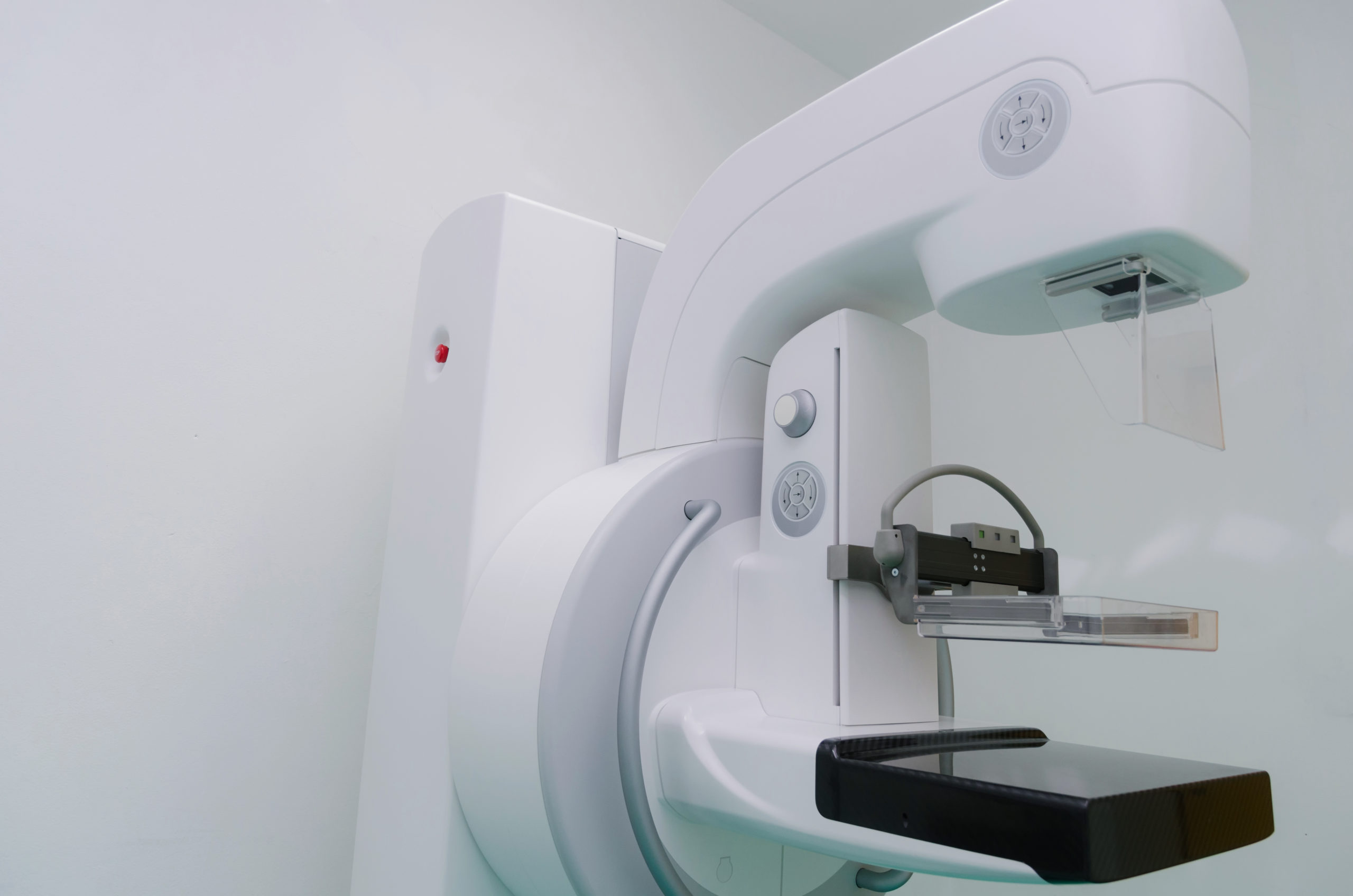
A study aimed to validate the use of the Molecular International Prognostic Scoring System (IPSS-M) and the Revised International Prognostic Scoring System (IPSS-R) for myelodysplastic syndromes (MDS). The findings were presented at the 2023 ASCO® Annual Meeting in Chicago, Illinois.
In this single-center study, 405 patients with MDS (median age, 74 years) who had documented peripheral blood counts, bone marrow biopsies, and cytogenetic data were identified in the Institutional Tissue Bank and selected for analysis. A total of 392 patients had been categorized by IPSS-R score previously, and 332 patients had at least 1 subsequent follow-up event. A total of 94 patients had bone marrow biopsies within 12 months of diagnosis.
Subsequent to a median follow-up duration of 1.5 years, nearly all patients had at least partial molecular diagnostic data. The researchers noted that aside from PRPF8 mutations (0%), all other mutations included in the IPSS-M scoring system were tested in a subset of the study population. The most common mutations identified were SF3B1 (20.4%), ASXL1 (17.6%), and SRSF2 (15.9%).
Overall, there were 84 events, and just over 61% of patients were alive at the time of analysis. The median overall survival was 3.6 years (range, 2.75-5.50 years). “When limited to patients with peri-diagnostic bone marrow biopsies, there were statistically significant differences in overall survival between IPSS-M categories (P<.000001) as well as IPSS-R categories (P<.00001),” the researchers wrote. There was no statistical difference in survival between IPSS-M categories (P=.6) or IPSS-R categories (P=.2) if scores were calculated at the time of diagnosis.
“This study validates the utility of both the IPSS-M and the IPSS-R scoring systems and notably retains important risk stratification with incomplete diagnostic data,” the researchers concluded. “Importantly, the scoring systems are not effectively prognostic as the disease progresses, and thus should only be utilized at or near the time of diagnosis.”







 © 2025 Mashup Media, LLC, a Formedics Property. All Rights Reserved.
© 2025 Mashup Media, LLC, a Formedics Property. All Rights Reserved.